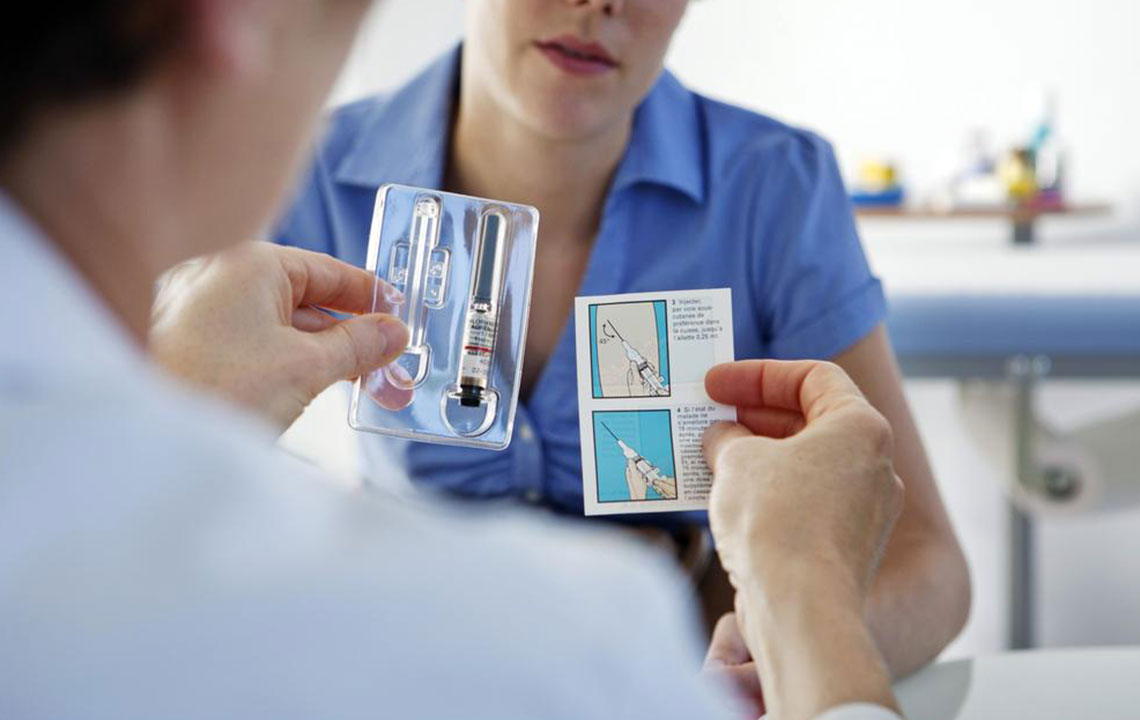Comprehensive Guide to Understanding Psoriasis and Its Treatments
This comprehensive guide explores psoriasis, a chronic autoimmune skin condition affecting millions. It covers causes, symptoms, and various treatment options, emphasizing the importance of professional consultation for effective management and improved quality of life.

Comprehensive Guide to Understanding Psoriasis and Its Treatments
Essential Information About Psoriasis
Skin conditions can significantly impact an individual's well-being and often come with social stigma. Many misconceptions surround skin diseases, with people believing they are contagious or attempting unverified cures that may be harmful. Recognizing that not all skin ailments are contagious and consulting healthcare professionals before trying treatments is crucial. Proper understanding and medical guidance are vital for managing conditions like psoriasis effectively and avoiding potential complications.
Psoriasis is a persistent autoimmune disorder affecting approximately 7.5 million individuals nationally. It manifests as painful skin lesions that can disrupt daily routines and significantly impact quality of life. This article explores what psoriasis is, its symptoms, causes, and available treatment options to help manage this condition effectively.
What Is Psoriasis?
Psoriasis is an autoimmune disease characterized by an abnormal accumulation of skin cells. This rapid buildup leads to the appearance of silvery scales, redness, and inflammation around the affected areas.
Typically, psoriasis presents with whitish-silver scales that develop into thick, red patches. It commonly impacts the hands, feet, neck, scalp, and face. The condition may also affect nails, mouth, and genital regions. Psoriasis results from accelerated skin cell production—normally a month-long process—that accelerates to just days, preventing cells from shedding properly and causing buildup.
Recognizing Symptoms of Psoriasis
Symptoms vary based on psoriasis type and severity. Common signs include red, raised patches with inflamed surroundings; silvery scales or plaques; dry, cracking, and bleeding skin; itching and burning sensations; joint pain and swelling; and pitted or thickened nails.
Causes of Psoriasis
The precise cause remains unclear, but research indicates two main factors: genetics and immune system dysfunction.
Genetics: A family history increases susceptibility. Approximately 2-3% of those affected inherit the condition genetically.
Immune System: As an autoimmune disorder, psoriasis occurs when white blood cells mistakenly attack healthy skin cells, prompting overproduction. This leads to inflammation, plaque formation, and skin redness.
Available Treatment Options for Psoriasis
While there's no cure, various treatments can minimize symptoms:
Topical Therapies: Creams and ointments like corticosteroids, salicylic acid, and moisturizers help reduce inflammation for mild to moderate psoriasis.
Systemic Medications: Severe cases may require oral or injectable drugs such as methotrexate, cyclosporine, retinoids, or biologics to control immune responses.
Light Therapy: Exposure to ultraviolet (UV) light or natural sunlight can slow down skin cell growth by targeting overactive immune cells.
Keywords: psoriasis treatment, autoimmune skin disease, psoriasis symptoms, skin health, psoriasis management










